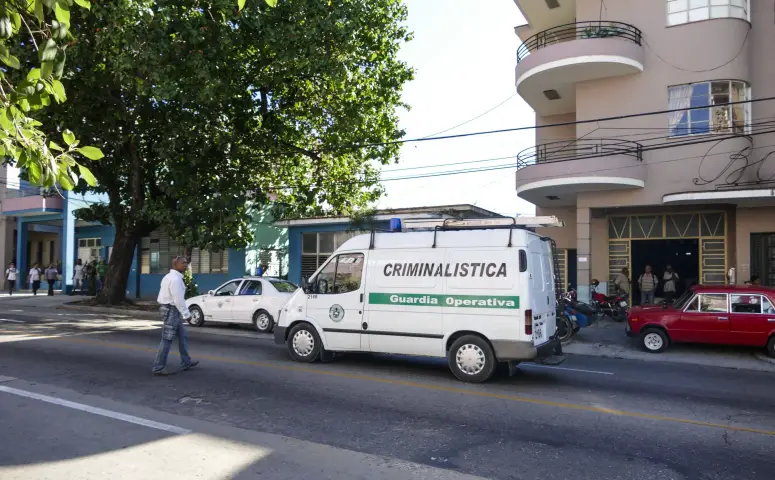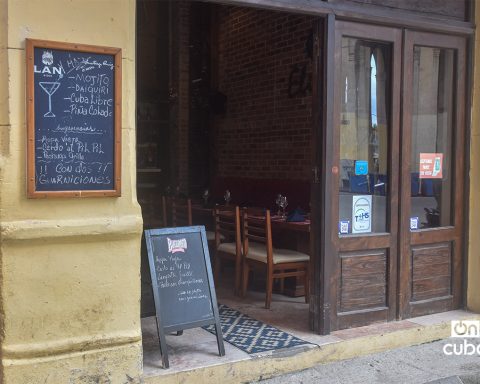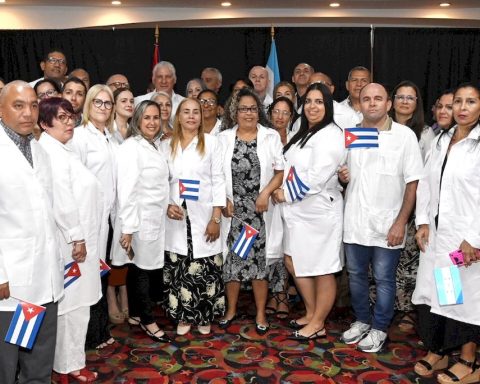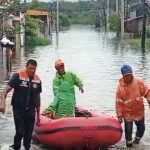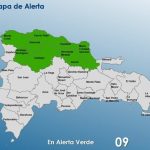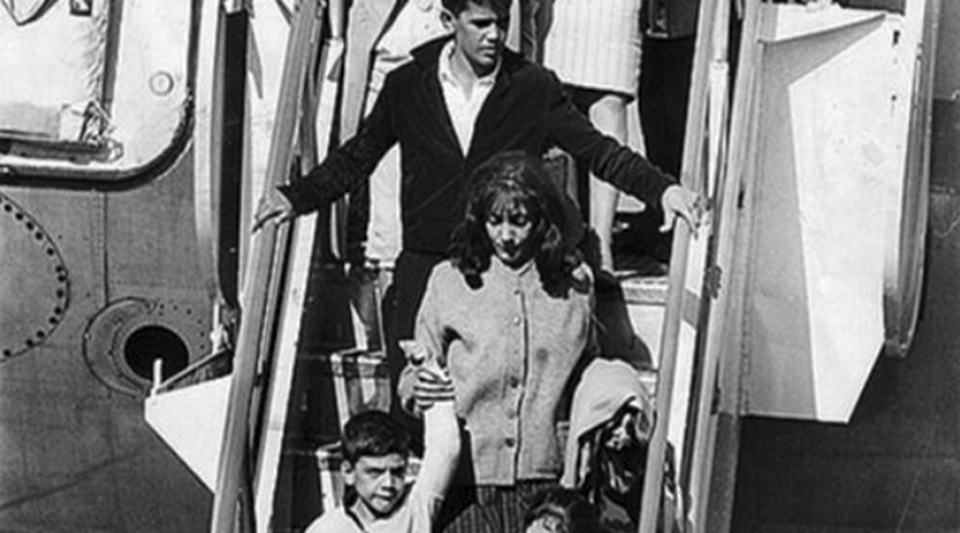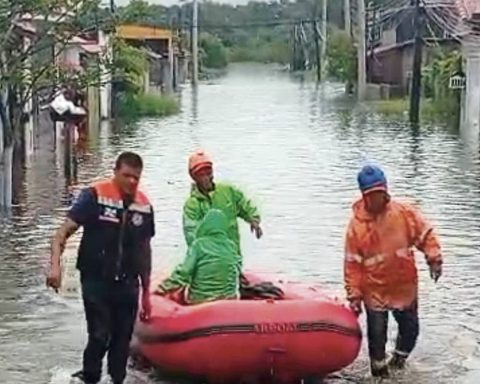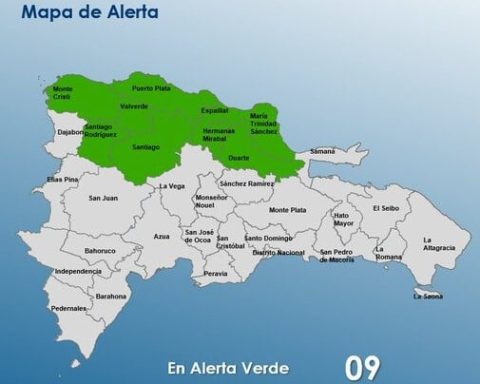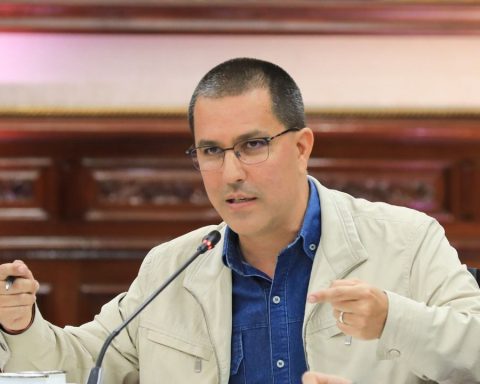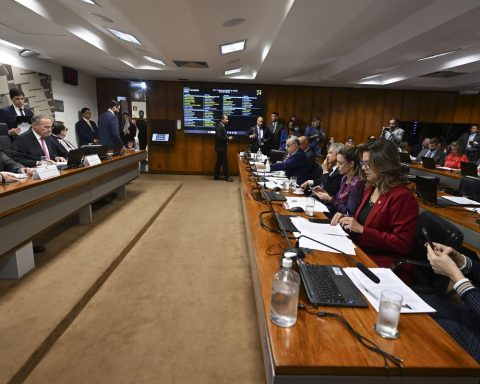LAS TUNAS, Cuba. — We conclude these notes on crime recalling what was said in the previous article: “The crimes that occurred in Cuba —understood as crimes— now frequently reported by social networks and the independent press, although sporadically by official media, do not constitute, except for those linked to the new technologies, unprecedented events in the Cuban criminological panorama, including the so-called feminicides by some and femicides by others due to ideological contexts and not legal concepts”.
Considering that each crime has its own particularities, with respect to these criminal records it is useful to ask and reiterate a question that is often difficult to answer, not only to clarify the crime, but what is more important: for its prevention: What are the causes and conditions that led to this crime? And note that I did not generalize the crimes, but I pointed out in the singular “this crime”, which can be a robbery, a murder, a homicide, a rape or a traffic accident, which, due to the damages or injuries produced, constitutes a crime, albeit recklessly.
What material, concrete conditions, conducive to transgressions among us Cubans, already very early, in 1831, José Antonio Saco pointed out in Memories about vagrancy on the Island of Cuba, among other causes, the imperfect state of popular education, the concern (or carelessness) of families, the lack of roads, the lack of discipline in prisons, the collusion of the authorities and the lack of shelters for helpless children. Then, due to those same deficiencies already pointed out by Saco 192 years ago, and many others added later, but which today in Cuba reach unfavorable dimensions little or never seen before, it is not difficult to understand the origins of the increases in crime, but, still and everything, we cannot judge the crime only by the factors that are in sight.
Forty-five years after José Antonio Saco published his memoirs on vagrancy in Cuba, in 1876 Dr. Cesare Lombroso published Experimental Treatise on the Delinquent Man, where, through the observation and study of criminal persons and the autopsy of executed corpses, he found common anomalies in all the individuals he explored, so, according to his theory, there were common primitive tendencies in criminals, leading to committing a crime, such as cranial or easy asymmetry, reduced skull capacity, overlapping forehead, pronounced browbone, prominent lower jaw, abundance of hair, or ears in a loop, among other particularities, perhaps seen by readers these days when the independent press or the Social networks have shown images of alleged criminals. Even so, personally, I distrust Lombroso’s theory because, although I have found criminals who have all these characteristics, others who have committed atrocious murders, with sadism on defenseless women, I have seen them, to put it graphically, with “faces of angels”
The crime is complex and is not only political, common, passionate, against the life and integrity of people, property or international law, but it is also cyclical, seasonal and in its consummation even the phases of the moon can intervene , not for a mystical question, but for light. Not a few public policies generate crimes, in the same way that jealousy between women and men produces injuries, homicides and murders, since Biblical times, but cannot crime be prevented until it is reduced even in the born criminal and in those produced by imprudence?
Of course, crime figures can be reduced anywhere in the world… when there is a will to fight crime. But this reduction in crime can only be achieved with the participation of society as a whole, where the family plays a very important role by “producing” an “improved” person if they were born genetically less favored physically and psychologically, but the family cannot do it on its own. only what is the responsibility of the public administration, the State, concerning the economy, public education, urbanization, rurality, laws and the police, in their indeclinable function of guaranteeing public security —a pending task in Cuba— before than the same security of the State, because there is no country more insecure than the one taken over by corruption and crime.
Charles G. Vanderbosch, who is a member of the International Association of Chiefs of Police and the Division of Professional Standards in Washington, DC, said that this law enforcement officer we call “ordinary police” is not only there to make the rounds, intervene in the disputes between families or in the neighborhood, arresting drunks or helping children and pedestrians to cross the street, well, yes, you must do all that, but you must do more, because in criminal investigation the patrol officer of today must work in the preliminary investigation, and not only preserving the crime scene, but also executing clarifying actions until the later stage.
But such action is not usually the order of the day in the Cuban police, not only now, but for many years, when to find out about the work of a sector chief in the care of public order, it was enough to call any neighbor in any neighborhood of any city, or a farmer, in the intricacies of the countryside, and putting a hand on the shoulder of the policeman in charge of that sector, all you had to do was ask “Do you know this officer?”, and if the person asked answered something like as “no, I don’t have the pleasure of meeting him”, at least one of the many causes of the increase in crime in that territory was already known: deficient police work in the care of the community, or zero community work, well, as I said my father, “where there is no authority, there is no law, and perhaps due to excess, due to totalitarian authoritarianism, which in its “zeal” to order everything fixes nothing, is that we see people in Cuba doing (in)justice for his hand.
OPINION ARTICLE
The opinions expressed in this article are the sole responsibility of the person who issues them and do not necessarily represent the opinion of CubaNet.
